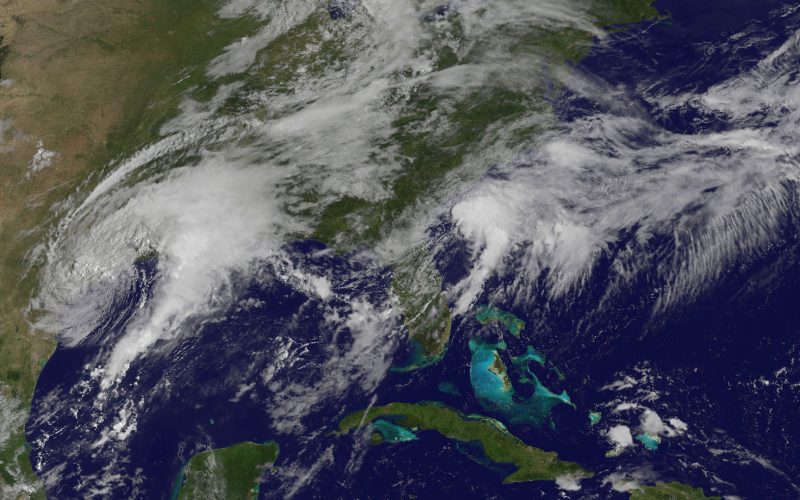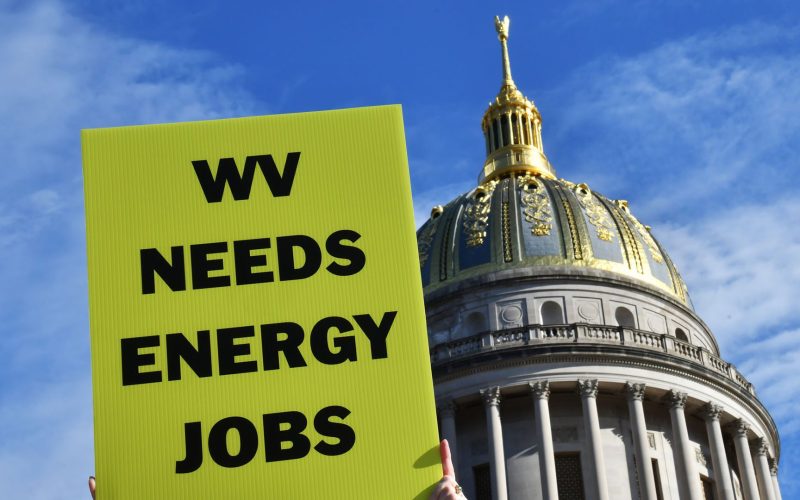THE VOICE FOR THE ENERGY CONSUMER

David Holt reviews CEA’s recent report, Increased Environmental Benefits from Pipelines & Energy Development for Nation and New York, which looks at how America has safely and sustainably accessed and.

CEA Florida’s Kevin Doyle looks at how hardening and diversifying our energy infrastructure is one of the best preparations the state can make before hurricane season returns. Here’s one way.

The Energy Consumer Protection Pledge received coverage in West Virginia from The Dominion Post showcasing candidates who support commonsense energy policies which ensure environmental protection. CEA’s pledge is an opportunity.

CHARLESTON, WV — Consumer Energy Alliance (CEA) Midwest Executive Director Chris Ventura announced today that the group’s Energy Consumer Protection Pledge has been signed by 49 West Virginia elected officials.

CEA Mid-Atlantic’s Mike Butler talks about CEA’s latest report on emission reductions as a result of utilizing clean burning natural gas for power generation. “We believe in a balanced and.

WASHINGTON, D.C. — Consumer Energy Alliance (CEA) President David Holt, released the following statement after a Capitol Hill press conference that Texas Sen. Ted Cruz held today as workers rallied.

The Houston Chronicle recently looked at the environmental benefits of pipelines across the country and how integral a role pipelines have in protecting our environment. Every sober proposal to reduce.

Louisiana Democrat State Representative Major Thibaut is the latest state legislator to sponsor and see passage of legislation designed to stiffen penalties for the sabotage of critical infrastructure like pipelines.

COLUMBUS, OH – Today, Minnesota’s Administrative Law Judge (ALJ), Ann O’Reilly, issued her final recommendations to the Minnesota Public Utilities Commission on the Line 3 Pipeline. After the recommendations were.

CONCORD, N.H. — Consumer Energy Alliance (CEA) President David Holt, released the following statement after the release of New Hampshire Gov. Chris Sununu’s 10-year energy plan focused on lowering energy.